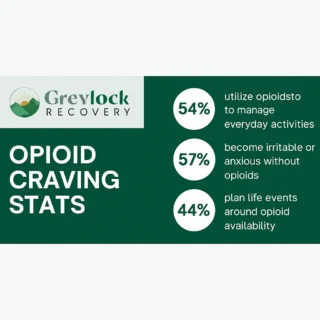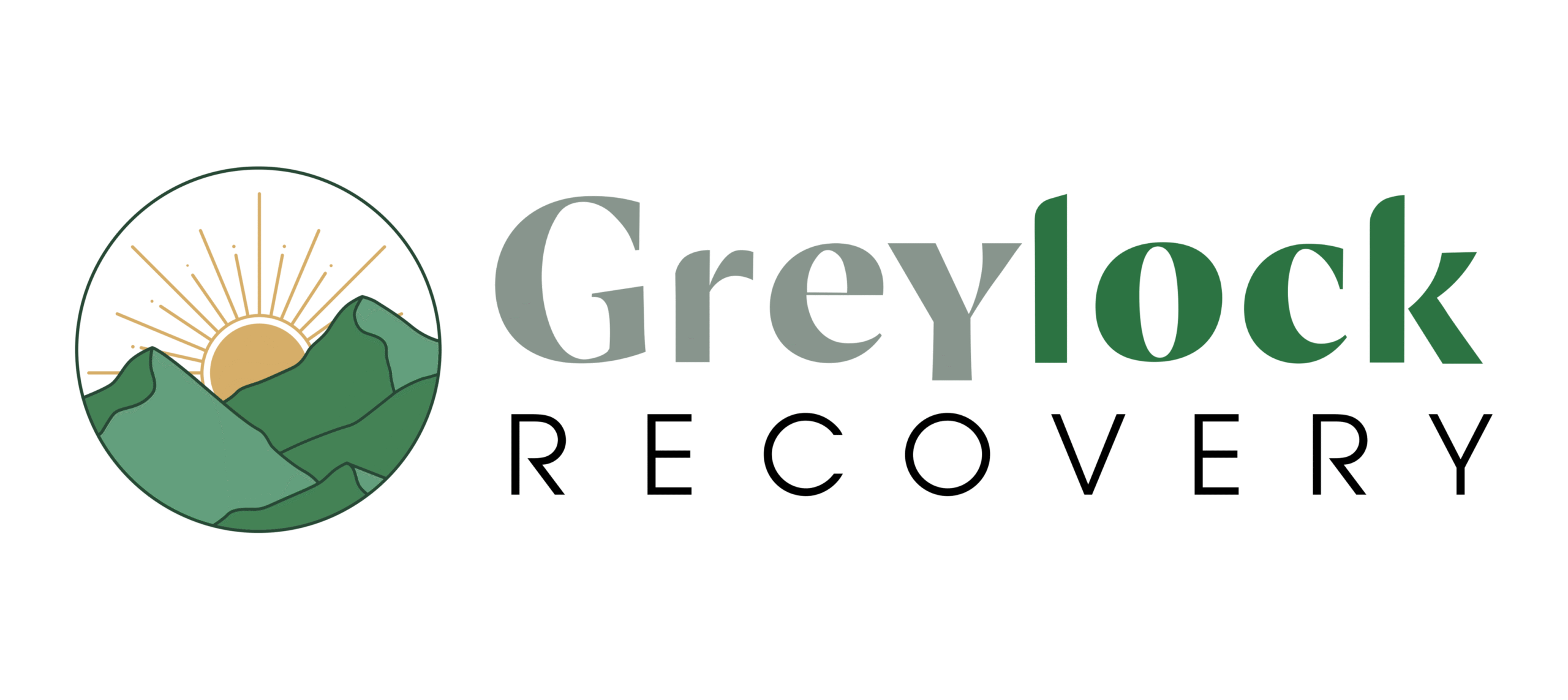You’re not falling apart—but you’re also not okay.
You’re showing up for work. Answering emails. Hitting deadlines. You’re staying in control—or at least it looks that way from the outside. No one’s staging an intervention. No one’s raising alarms. You’re the reliable one. The smart one. The one who keeps it together.
And that’s exactly why it’s so hard to admit what’s been happening behind closed doors.
You don’t fit the stereotype. You’re not passed out in the street or selling furniture for a fix. You’re managing. But it’s taking more than anyone knows. And maybe, quietly, painfully, you’ve started to wonder: Do I need help?
At Greylock Recovery in Williamstown, Massachusetts, we specialize in supporting people who don’t look like they need opioid addiction treatment—but do. Not because their lives have imploded. But because their lives have become unbearable in silence.
You Don’t Have to Hit Bottom to Be Done
Let’s retire the “rock bottom” myth. The idea that you have to lose everything before you’re allowed to get help is not just false—it’s dangerous.
High-functioning addiction doesn’t announce itself with drama. It creeps in with routines:
- Just one pill to relax after work.
- Just enough to get through the morning.
- Just one more to take the edge off—and no one will ever know.
Maybe you’ve never missed a deadline. Maybe you’re a parent who keeps the household moving. Maybe you’ve built a life that looks fine. But here’s the truth:
Functioning is not the same as thriving.
Coping is not the same as healing.
Surviving isn’t the same as living.
You don’t have to lose everything to be ready for something better.
High-Functioning People Are Masters at Hiding the Pain
If you’ve learned to perform “okay,” it can feel impossible to let the mask drop.
You probably tell yourself things like:
- Other people have it worse.
- It’s not that bad—I can still stop if I really wanted to.
- If anyone knew, I’d lose their respect—or my job.
And maybe the scariest truth of all: No one suspects a thing.
That kind of invisibility can be suffocating. You become your own secret. And the longer you carry it, the heavier it gets.
At Greylock, we know what it’s like to sit across from someone who’s never said it out loud before. Who’s done everything “right” and still ended up here—tired, disconnected, afraid.
You don’t have to carry this alone.

What Does Opioid Addiction Look Like When It’s Hidden?
The signs are different when addiction is quiet. You might not see wreckage—but you might feel like your life is slowly shrinking.
Ask yourself:
- Am I using opioids to get through the day, not just the pain?
- Do I feel anxious or agitated when I can’t access what I need?
- Have I started isolating more—even from people I care about?
- Do I plan events, travel, or conversations around when I can use?
- Am I scared of what would happen if I stopped?
If your use is no longer about feeling good—but about avoiding collapse—then it’s worth paying attention. Quiet suffering is still suffering.
You Can Still Work, Parent, and Function—and Still Need Help
One of the biggest myths about opioid addiction treatment is that it’s only for people in crisis.
But for high-functioning professionals, parents, and caretakers, the biggest fear isn’t hitting bottom—it’s disruption.
You may be wondering:
- How can I get help without blowing up my life?
- What if someone finds out?
- What if I lose everything I’ve worked for?
Here’s the good news: treatment doesn’t have to derail your life. It can support it.
At Greylock Recovery, we offer flexible outpatient care designed to fit around your schedule, not the other way around. That includes:
- Private, discreet sessions
- Individual therapy focused on high-functioning challenges
- Optional medication-assisted treatment (MAT)
- Evening and remote group options
- No overnight stays required
You don’t have to quit your job to start getting better. You just have to start talking to someone who understands.
If You’re Waiting for a Sign—This Is It
There’s no one moment that makes treatment “right.” For many people, it’s not a dramatic crash—it’s a whisper:
- “I’m not okay.”
- “This is getting harder to hide.”
- “I miss feeling clear.”
That whisper matters.
At some point, the substance that once helped you manage your life becomes the thing managing you. And when you’re the one everyone relies on, there’s almost no room to fall apart.
But what if you didn’t have to fall apart?
What if you could get help before everything collapses?
That’s what outpatient opioid addiction treatment is for.
FAQs: Opioid Treatment for High-Functioning Adults
Do I have to tell my employer I’m in treatment?
No. Outpatient treatment at Greylock is confidential. You can schedule therapy and group sessions outside of work hours. No disclosure is required.
What if I’m not ready to stop completely?
You don’t have to be all-in to start a conversation. We meet you where you are—whether that means reducing harm, using less, or planning for full sobriety.
I haven’t had legal or medical consequences—do I still qualify?
Yes. You don’t need a “wake-up call” to access treatment. If opioid use is affecting your mental clarity, relationships, sleep, or peace of mind, that’s enough.
Is medication-assisted treatment (MAT) mandatory?
Not at all. MAT is an option, not a requirement. We’ll talk through what makes sense based on your goals and needs.
What makes Greylock different from other programs?
We focus on dignity-first care. That means no lectures, no shame, and no “one-size-fits-all” models. Our outpatient program is built for people who need support—but also need flexibility, privacy, and respect.
Your Life Doesn’t Have to Fall Apart to Be Worth Changing
Here’s the truth: you could probably keep going like this for a while. That’s what high-functioning people do.
But just because you can doesn’t mean you should.
You’re not weak for wanting help. You’re not dramatic for calling it addiction. You’re not broken for needing more than willpower.
You’re just done hiding.
And we’re here when you’re ready to step into something different.
You don’t have to hit bottom. You just have to be done pretending it’s fine.
Call us at (413) 848-6013 or visit Greylock Recovery’s opioid addiction treatment in Williamstown, Massachusetts to talk with someone who sees behind the mask—and respects what it took to hold it up for so long.


